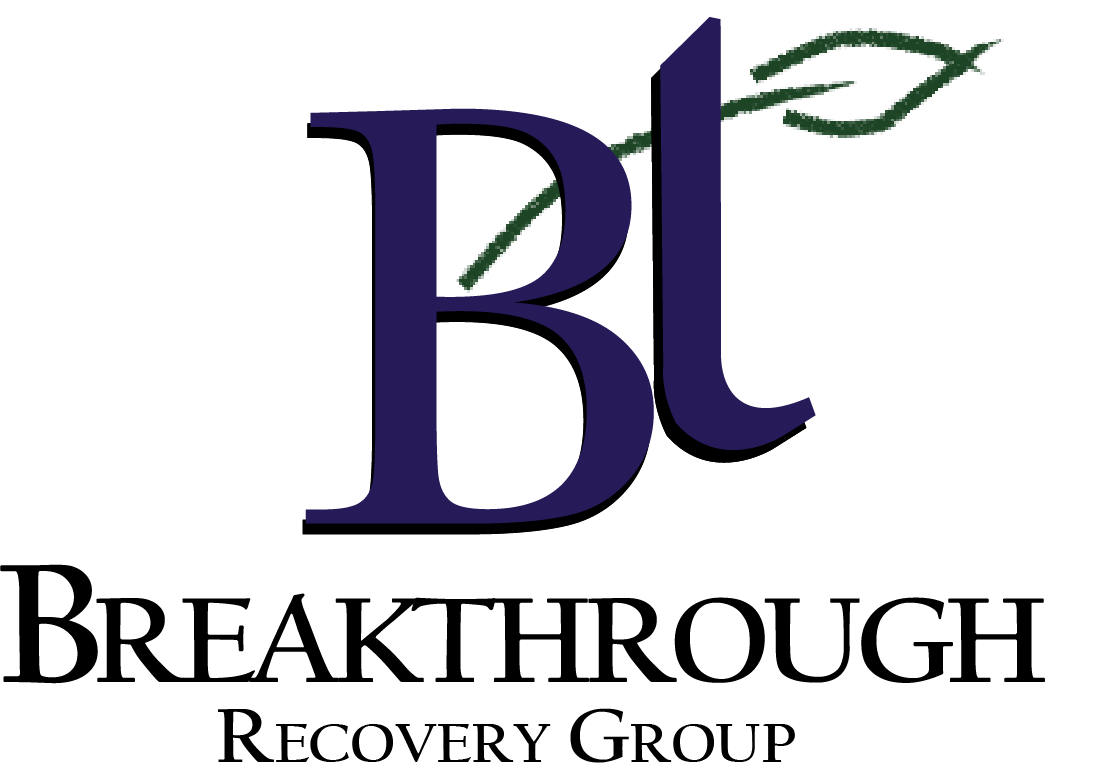What is Bipolar Disorder?
At Breakthrough Recovery, we understand the complexities and challenges of bipolar disorder. It is a mental health condition characterized by extreme mood swings, including periods of elevated or manic episodes and depressive episodes. These mood changes can cause disruptions in daily life and relationships. Our team of experts works closely with each patient to create an individualized treatment plan that may include therapy, medication management, and support groups to address symptoms and promote stability. We are dedicated to providing compassionate care and supporting individuals on their journey towards managing bipolar disorder and living a fulfilling life.
How We Treat Bipolar Disorder
At Breakthrough Recovery, we offer specialized treatment for individuals with bipolar disorder. Our experienced team works closely with each patient to create a personalized treatment plan that addresses their unique needs and symptoms. This may include therapy sessions using evidence-based practices such as cognitive-behavioral therapy (CBT) and psychoeducation about managing mood swings. We also provide medication management and support groups to help individuals maintain stability in their daily lives. Our compassionate care and personalized approach are designed to support individuals on their journey towards managing bipolar disorder and living a fulfilling life.
Our Addiction Treatment Programs
We only use proven clinical services to treat our patients, ensuring the highest level of care and success rates. Our team consists of highly trained therapists and doctors who specialize in a variety of mental health and addiction issues.
Clinical Services We Use for Treatment
At Breakthrough Therapy Group, we understand that seeking help can be intimidating. That's why we strive to create a comfortable and welcoming environment for our patients. Our goal is to make therapy accessible and effective for everyone.

Cognitive Behavioral Therapy (CBT)
Cognitive behavioral therapy (CBT) is a form of psychotherapy that focuses on the relationship between thoughts, feelings, and behaviors.

EMDR
EMDR is a helpful psychotherapy approach that has been proven effective in treating trauma-related disorders such as post-traumatic stress disorder (PTSD).

Dialectical Behavioral Therapy (DBT)
Dialectical behavioral therapy (DBT) is a commonly used treatment approach, especially for individuals with borderline personality disorder.

Motivational Interviewing
Motivational Interviewing (MI) is a client-centered therapy approach that focuses on increasing an individual’s motivation and readiness for change.

Relapse Prevention
Relapse prevention involves developing strategies and skills to manage triggers, cravings, and high-risk situations that may lead to a return to using drugs or alcohol.

Family Support
We at Breakthrough Recovery believe that involving family in the recovery journey can help individuals maintain lasting healing and create stronger bonds within the family relationships.
Affordable Insurance Accepted Care Services
We Work With Most Major Insurance Providers
Our goal is to provide affordable and effective treatment for all individuals seeking help at our facility. We understand that addiction and mental health struggles can be challenging enough without worrying about finances. That's why we are committed to working with your insurance company to make sure you receive the maximum coverage available for your treatment.
FAQ
We've compiled a list of frequently asked questions to provide clarity on the experience and alleviate any remaining fears or anxieties you might have.
At Breakthrough Recovery, we understand that every individual's journey to recovery is unique. That's why we offer a range of treatment options to cater to different needs and preferences. Our outpatient programs differ from traditional inpatient programs in several ways, making them an excellent alternative for those who may not require 24/7 medical supervision or who prefer a more flexible approach to treatment.
Firstly, our outpatient programs allow individuals to continue living at home and maintain their daily responsibilities while attending treatment sessions. This can be beneficial for those with work or family commitments that they cannot leave behind. It also allows individuals to apply the skills and techniques learned in treatment immediately into their daily lives.
Secondly, our outpatient programs offer a more customizable approach to treatment. We work closely with each client to develop a personalized treatment plan that fits their specific needs and goals. This may include individual therapy, group therapy, support groups, and other evidence-based therapies.
Lastly, our outpatient programs often have a lower cost compared to inpatient programs due to not requiring full-time residential care. This makes it more accessible for individuals who may not have the financial means for inpatient treatment.
At Breakthrough Recovery, we understand that the first step towards recovery is often detox. However, we do not offer detox services in our facility. We believe that it is essential for individuals to undergo detox under medical supervision to ensure their safety and comfort during the process. That's why we are familiar with reputable detox facilities in the area and can recommend them to our clients.
Once an individual has completed detox and is ready to begin their journey to recovery, we offer a range of outpatient programs tailored to meet their specific needs. Our experienced team will work closely with each client to provide support, guidance, and evidence-based treatment approaches for lasting recovery. We believe that this integrated approach can help individuals overcome addiction and lead fulfilling lives.
Recognizing when it is time to seek help for addiction can be challenging, as denial and shame often accompany substance abuse. However, if you or a loved one are struggling with addiction, it's essential to understand that recovery is possible and seeking help is the first step towards a healthier and happier life.
Some signs that may indicate it's time to get help for addiction include:
- Difficulty controlling substance use: If you find it challenging to limit or stop using substances, even when you want to, it may be a sign of addiction.
- Neglecting responsibilities: Addiction can cause individuals to prioritize substance use over important responsibilities such as work, school, or family obligations.
- Changes in behavior and mood: Substance abuse can lead to changes in behavior, such as secrecy, irritability, and mood swings.
- Physical symptoms: Increased tolerance to substances, withdrawal symptoms when not using, or physical health issues related to substance use can also be indicators that it's time to seek help.
If you or a loved one are experiencing these signs or have concerns about your substance use, it may be time to reach out for help. Seeking treatment, whether through therapy, support groups, or an addiction treatment program, can provide the necessary support and resources to overcome addiction and live a fulfilling life in recovery. Remember, it's never too late to seek help and make positive changes towards a healthier future.
At Breakthrough Recovery Group, we recognize the intimate connection between addiction and mental health challenges. That's why our facilities place a strong emphasis on treating mental health issues.
Our proficient team offers comprehensive support and treatment for various mental health disorders like depression, anxiety, PTSD, and more. We advocate a comprehensive recovery approach, encompassing the addressing of both physical and mental health requirements.
Our admissions team is committed to identifying the ideal facility to provide holistic care for your needs, fostering a successful recovery path. We stand by you at each stage towards enduring sobriety and enhanced mental wellness.
Watching a loved one struggle with addiction can be heartbreaking and overwhelming. You may feel helpless and unsure of how to help them. The first step towards getting your loved one the help they need is to have an open and honest conversation with them about their addiction. Express your concern and offer your support, but also set boundaries and encourage them to seek professional help. It may also be helpful to research treatment options with our team and have resources readily available for your loved one.
Remember to remain patient, understanding, and supportive throughout this process – recovery is a journey and it will take time. With the right approach and support, you can help your loved one find the path to a healthier and happier life free from addiction. So don't hesitate to reach out for guidance and support from our team at Breakthrough Recovery. We are here to help you and your loved one every step of the way towards recovery.
No matter how dedicated you are to your recovery journey or how determined you are to maintain sobriety for life, there's a possibility of relapse at some stage. Statistics from the National Institute on Drug Abuse indicate relapse rates during recovery range from 40% to 60%. Post-relapse, it's common to feel shame or remorse. You might even contemplate surrendering to addiction rather than persevering to combat the urge to use. While these feelings are normal, they can pose obstacles to achieving a drug-free life. Instead, view a relapse as a learning opportunity; refine your relapse prevention strategy and identify triggers. By delving into the underlying reasons for the relapse, you'll establish a foundation for a recovery that ensures you come back even stronger.
The initial step involves assessing whether revisiting treatment is necessary. If it was an isolated occurrence and you're dedicated to evaluating or adjusting your recovery plan, returning to an inpatient facility may not be essential. This setting provides the patient with hands-on care and ongoing monitoring. However, falling back into a persistent pattern of substance misuse may indicate the need for reentry into a structured treatment regimen. If conversations about substance use arise, socializing with individuals who encourage drinking, or using substances as a coping mechanism resurface, it signals a more significant issue requiring prompt intervention.
Upon re-entering treatment post-relapse, the primary focus should be on reintegrating into daily life. Opting for a sober living environment for a few months post-treatment could be the most effective means to prevent relapse, as accountability and structure aid during the initial vulnerable phase. Additionally, having an outpatient therapy plan in place for ongoing support post-treatment is beneficial.
Verify Your Insurance With Us!
Freeing yourself from Addiction doesn't have to be hard. Take the first Step and begin filling out the form, it's the initial phase in achieving a healthy recovery. We offer the necessary guidance and professional care crucial during the early treatment stages.







